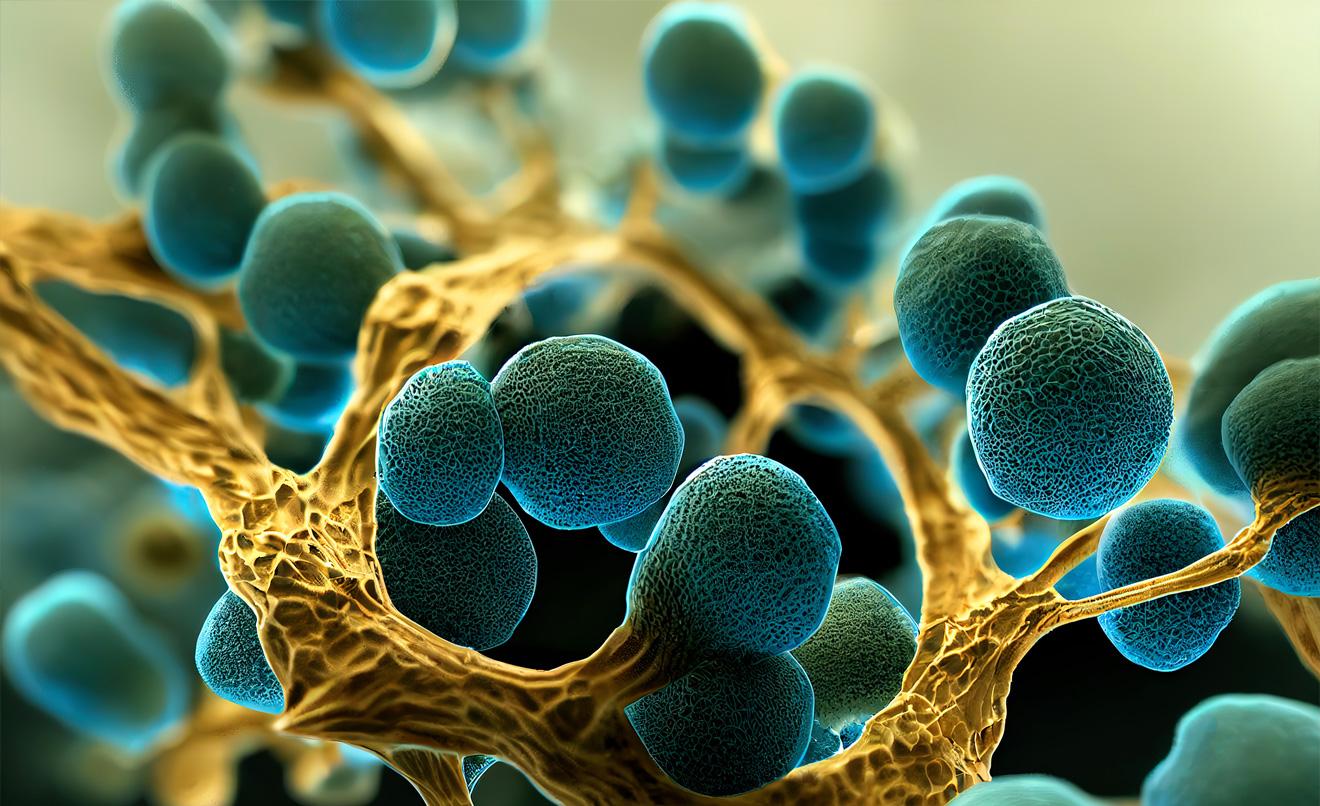
Tiredness,
irritability, anxiety, gut bloating, flatulence, diarrhea or constipation are
some of the symptoms that those who suffer from candidiasis may notice, as well
as skin disorders, such as itching or skin rashes.
What is the origin of intestinal candidiasis?
The origin
of candidiasis is the excessive development of the unicellular fungus Candida
albicans in our intestine. Different factors may cause this imbalance.
For instance, a poor diet with plenty of ultra-processed foods or treatments
with antibiotics, corticoids or oral contraceptives. Stress may also negatively
affect our immune system and promote candida overgrowth.
To deal
with intestinal candidiasis, we can use natural substances from plants with popular
anti-fungal properties:
Origanum essential oil (Origanum vulgare L)
It is one
of the best-known broad-spectrum natural antiseptics and presents a strong antifungal
activity supported by several studies. It seems that the active principles, carvacrol
and thymol, are responsible for the broad benefits of the oil in these cases.
Its anti-candida activity is greater than that of caprylic acid, which is the
main base of antifungal medicines. Origanum oil does not negatively affect the
gut flora; indeed, it corrects all its imbalances by collaborating in the
elimination of harmful bacteria and enhancing the development and reproduction
of fermentative bacteria, which are more beneficial. It also has analgesic and
anti-inflammatory properties.
Clove essential oil (Eugenia
caryophyllata Thunberg)
Eugenol is one
of its most important components and represents 80-90% of it. Several studies
have proven that the eugenol in clove oil is antifungal since it inhibits the growth
of pathogenic fungi like Candida albicans. Further research shows
its efficiency against a wide variety of other fungi and yeasts (including those
affecting the skin and vagina). It acts as a vermifuge and an intestinal antiparasitic.
Pau d'arco (Tabebula impetiginosa Sandley)
Pau d’arco
is a tree native to the Americas. The inner part of its bark contains compounds
that give it antibacterial, antifungal (mainly against Candida albicans)
and anti-inflammatory properties. It also has anti-clotting and anti-psoriatic
effects.
How can I prevent intestinal candidiasis?
A strong
immune system and a balanced intestinal microbiota are the keys to preventing
the development of intestinal candidiasis. In this light, probiotics are an
essential aid. It has been shown that some strains, such as Lactobacillus, produce antifungal substances
that help inhibit the growth of the fungus. Therefore, supplementing with
suitable probiotics may help improve the symptoms and, once the infection is
healed, reduce the risk of relapse.
It is also
extremely relevant to use a probiotic to help reestablish the balance of the intestinal
microbiota after the infection.
If you have
suffered from candida, some dietary changes may help slow down the overgrowth
of the fungus and prevent the disorder from recurring.
Eventually, bet for a well-balanced
diet with plenty of vegetables, fruits, healthy fats and proteins. In addition,
eat probiotics such as kefir or yogurt in order to maintain a balanced intestinal
flora.